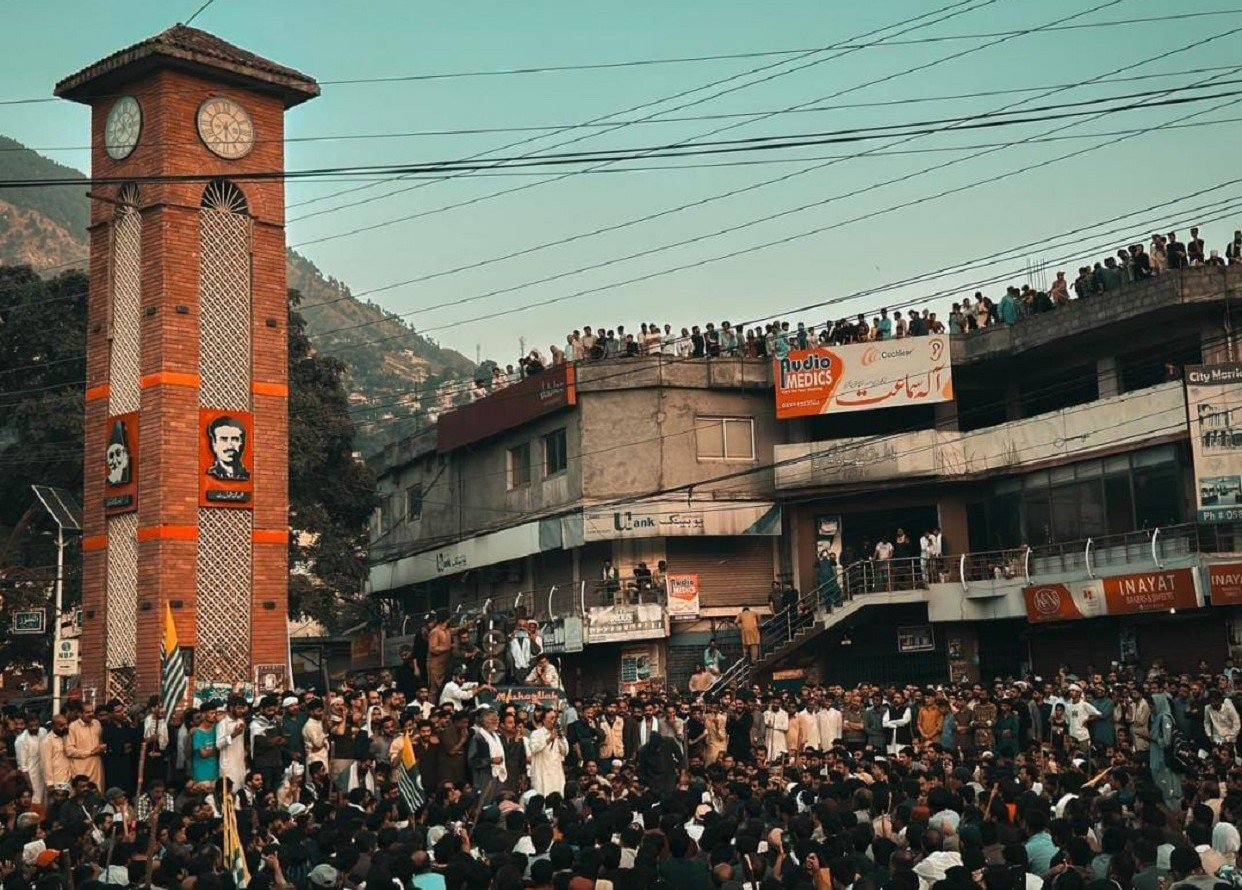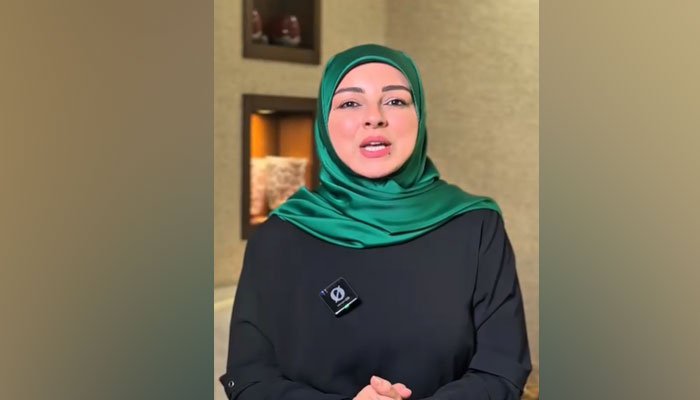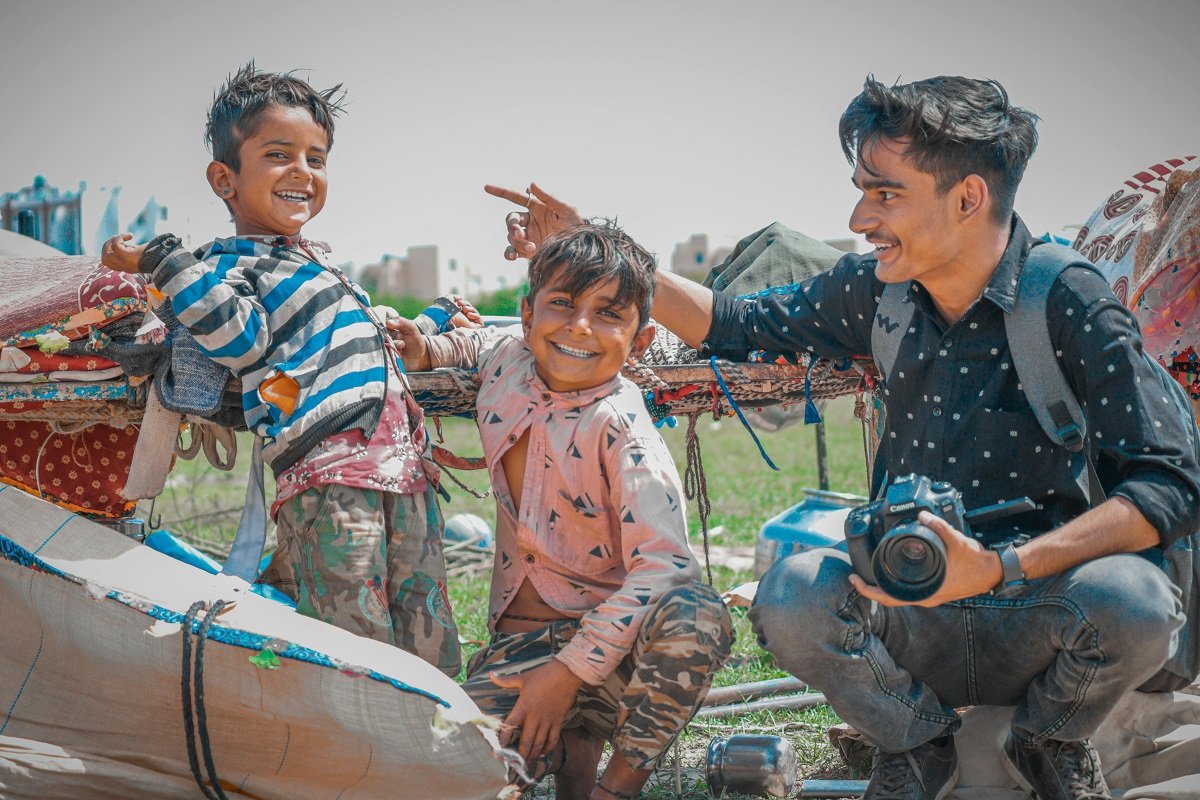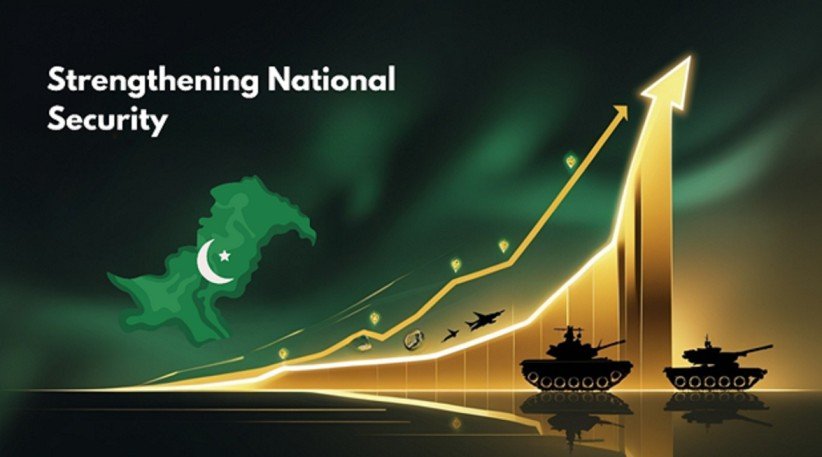Azad Jammu & Kashmir (AJK) today is under a complete siege. It is 2 October 2025, and the situation on the ground is tense, uncertain and heartbreaking. Not far ago, Pakistan marked Kashmir Solidarity Day on February 5, 2025. Today, mobile and internet services across the region remain fully suspended, cutting off families, communities and especially the overseas Kashmiris who have had no contact with their loved ones for days. What was once a land that proudly called itself the “base camp of Azadi” has been turned into something that looks and feels like a war zone.
Dialogue Too Late, Policies Too Wrong
Today, officials from the Pakistani government and AJK administration arrived in Muzaffarabad to hold dialogues with the leadership of the Jammu & Kashmir Joint Awami Action Committee (JKJAAC). But the committee, standing firm, made their position clear: they will not engage in full negotiations until communication networks are restored, and justice is served for the killings during the Neelum Bridge incident. Moreover, they emphasized that the core committee must arrive in Muzaffarabad with their workers before talks continue.
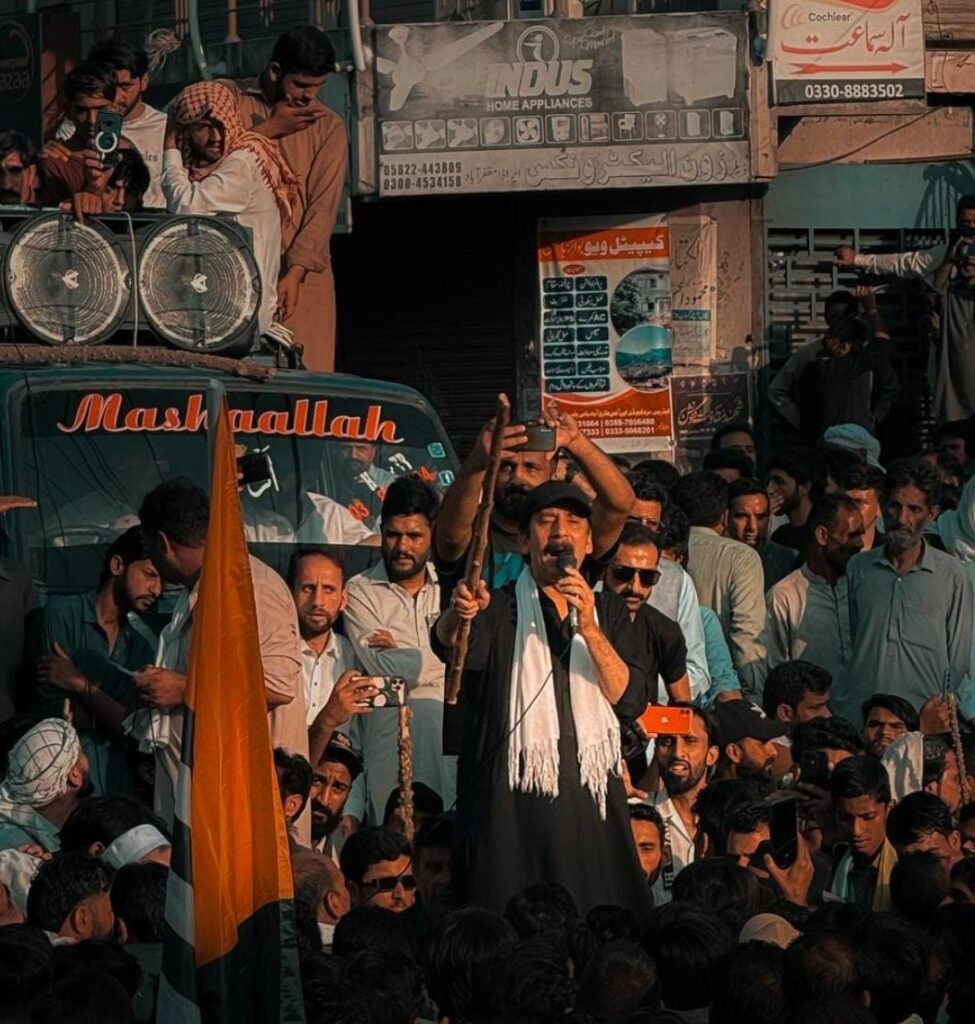
Frankly, this step should have been taken on the very first day or even before the situation deteriorated this far. But instead, due to the mismanagement, arrogance, and short-sightedness of the AJK government, tensions spiraled out of control. It is a classic example of what happens when rulers respond to popular movements with force and delay rather than dialogue and respect.
A Leadership That Failed Its People
The responsibility for this situation rests squarely on the shoulders of the current leadership. Anwar ul Haq has proven to be the worst Prime Minister AJK has ever had. He took several days to accept legitimate demands of protesters last year. His policies have been reactive, not proactive. His government failed to grasp the seriousness of public anger and instead responded with suppression and silence. In a functioning democracy, elected representatives are supposed to be the voice and protectors of the people. Sadly, in AJK, MNAs and ministers have turned into rulers, not representatives. They behave like owners of the state rather than servants of the people.
The state itself has become hostile to its citizens. The very police who are supposed to protect the public have turned their guns on protesters. Instead of ensuring safety and listening to grievances, they have acted as an occupying force, firing live rounds and tear gas on peaceful demonstrators. The people are not facing a dialogue table — they are facing batons, bullets, and blackouts.
A Clear Invasion of AJK
The deployment of Islamabad police, Rangers, and FC troops inside AJK is nothing short of an invasion. Azad Jammu & Kashmir has its own administrative structure. Sending federal forces into the territory in this manner is unprecedented and sends a dangerous message. It signals that the state views its own population as a threat to be subdued, not as citizens with rights to be respected.
This militarized response has not calmed the situation — it has deepened the divide between the people and the state. Muzaffarabad, once a center of political mobilization and cultural identity, now resembles a city under occupation. Checkpoints, armed troops, closed roads, and communication blackouts have made daily life unbearable.
Muslim Conference’s Betrayal
While criticizing the government, it’s also essential to speak about the shocking role played by the Muslim Conference (MC), the oldest and only registered political party in AJK. At a time when political parties should have stood with the people, MC did the unimaginable. Their workers, alongside their leaders, physically assaulted JKJAAC protesters at Neelum Bridge. Even worse, they opened fire on demonstrators, resulting in one death and 18 injuries.
This was a betrayal from within. Protesters expected opposition from state forces, but not from a political party that historically positioned itself as part of the Kashmiri cause. Instead of mediating, supporting dialogue, or defending citizens’ rights, MC chose confrontation and violence. This act has irreparably damaged their credibility and exposed deep fractures within AJK’s political landscape.
Islamabad’s Silence and Repression
While these events unfolded in Kashmir, Islamabad was not silent—but its actions were disgraceful. On 29 September, Kashmiri students protesting in Islamabad were arrested and later released at midnight. On 2 October, Islamabad police arrested and beat many Kashmiri protesters near the National Press Club, where they were raising their voices against state brutality. These actions show that the suppression is not limited to AJK; it extends into the capital itself.

Rather than allowing peaceful protest, authorities treated Kashmiri demonstrators as criminals. This reveals a deep disconnect between the federal establishment and the Kashmiri population. Instead of empathy, there is hostility. Instead of dialogue, detention. This is not how democratic states treat regions that are supposedly “autonomous” and “brotherly.”
Media Silence and Disinformation
Perhaps one of the most painful aspects of this crisis is the shameful silence and distortion by mainstream Pakistani media. Major channels have either ignored the protests or pushed false narratives, portraying protesters as troublemakers or foreign-backed elements. They have failed to report the internet shutdown, the violence against protesters, and the mass mobilizations across AJK accurately.
Equally disturbing is the silence of peace activists, influencers, and civil society voices from Pakistan. At a time when Kashmiris are isolated, facing bullets, blackouts, and betrayals, those who usually speak for justice have turned their faces away. It feels as though Kashmiris are left to fight this battle alone, without solidarity from those who claim to stand for human rights.
Human Rights Under Siege
What is happening in AJK is not just a political issue — it is a human rights crisis. Article 19 of the UN Universal Declaration of Human Rights guarantees the right to freedom of opinion and expression and the right to receive and impart information. The complete communication blackout violates this fundamental right, effectively placing the region in an information cage.
Moreover, Article 55 of the UN Charter obliges member states to promote universal respect for human rights and ensure the free flow of information. By cutting off networks, arresting peaceful protesters, and allowing police brutality, the state is violating its international commitments and betraying its own citizens.
A War Zone in the Base Camp of Azadi
Muzaffarabad’s streets, once filled with chants for freedom and rights, now echo with sirens, gunshots, and fear. What should have been a political negotiation turned into a military standoff. The long march announced by JKJAAC was supposed to be a peaceful display of unity and demand for justice. Instead, the government’s delayed response, repressive tactics, and political betrayals have turned the situation into one of the most severe crises AJK has faced in recent memory.
What is happening today is not inevitable. It is the result of choices made by those in power. The choice to ignore legitimate grievances. The choice to suppress rather than engage. The choice to silence rather than listen. The choice to treat citizens as subjects.
As a Kashmiri, watching my homeland being suffocated under these wrong policies fills me with both anger and sorrow. The leadership has failed, the political parties have faltered, the media has gone silent, and the world looks away. Yet, amid this darkness, the people continue to stand, march, and raise their voices, even when no one is listening.
This is not just a political struggle anymore. It is a struggle for dignity, truth, and the right to be heard. And no matter how many blackouts, arrests, or betrayals occur, history will remember which side stood with justice and which side tried to silence it.

